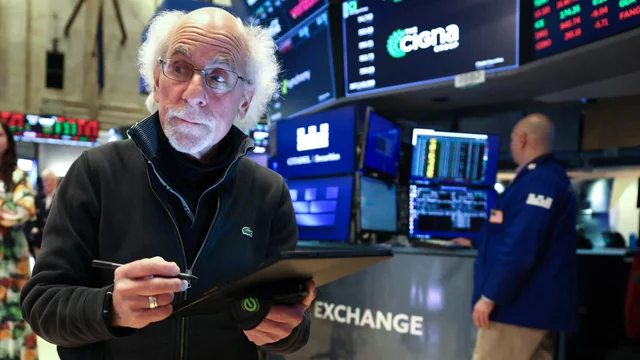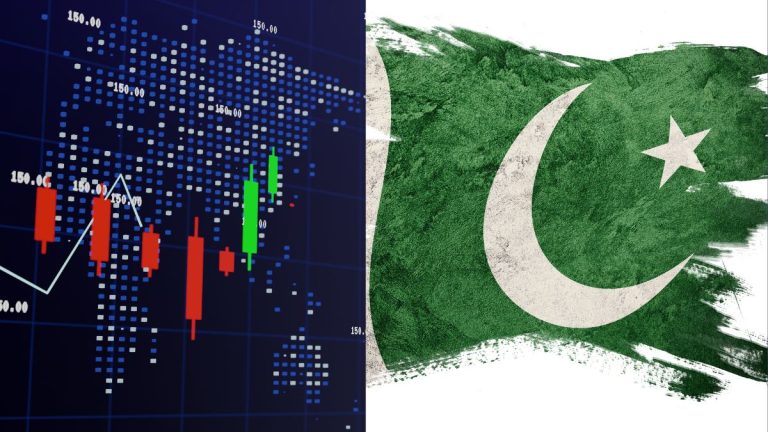Dow Drops Nearly 400 Points, S&P 500 Falls Again as Investors Worry About Trade Deals
The U.S. stock market had a rough day. The Dow Jones Industrial Average, which is one of the most-watched stock market indexes, fell by almost 400 points. The S&P 500, another key index that tracks the biggest U.S. companies, also went down — for the second day in a row.
The reason? Investors are feeling unsure and nervous because there’s still no clear update on important global trade agreements. That uncertainty is making people more cautious, and it’s showing in the market.
What’s Happening With the Dow and S&P 500?
On Tuesday, the Dow fell sharply, wiping out gains made earlier in the month. The S&P 500 also continued its losing streak, closing lower for the second day straight. When big indexes like these drop, it usually means many major company stocks are falling too.
This drop is mostly tied to ongoing concerns about trade deals between the U.S. and other countries, which haven’t made much progress recently.

Why Are Investors So Nervous?
Right now, investors are waiting for some clear direction on trade agreements — especially those involving major global economies like China and Europe. But so far, there hasn’t been much movement or official news.
When these deals are up in the air, it creates uncertainty about how much it will cost companies to do business. For example, if new taxes or tariffs are added, it could hurt profits — and that makes stock prices fall. So until there’s more clarity, investors are playing it safe or pulling out of the market altogether.
What About the Federal Reserve?
Adding to the worry, the Federal Reserve (the U.S. central bank) has a big role in how the economy moves. Investors are also waiting to see if the Fed will make any changes to interest rates soon. If rates go up, borrowing becomes more expensive for businesses and consumers, which can slow down economic growth.
So, between the Fed being cautious and no news on trade, investors are left with more questions than answers — and the market is reacting.
What Does This Mean for Regular People?
If you’re not into stocks every day, this might still affect you through your retirement accounts or mutual funds, which often include big U.S. stocks. Days like these won’t usually make or break your long-term investments, but it shows how global politics and economic decisions can quickly shake the market.
Experts often say not to panic during short-term dips. Stocks go up and down all the time, and long-term investing tends to smooth out the bumps. Still, it helps to stay informed.
In Simple Terms
-
The Dow fell nearly 400 points.
-
The S&P 500 dropped for the second day in a row.
-
Investors are worried because there’s still no progress on global trade deals.
-
The Federal Reserve’s next moves on interest rates are also making markets jittery.
-
People are being careful until there’s more clarity.






